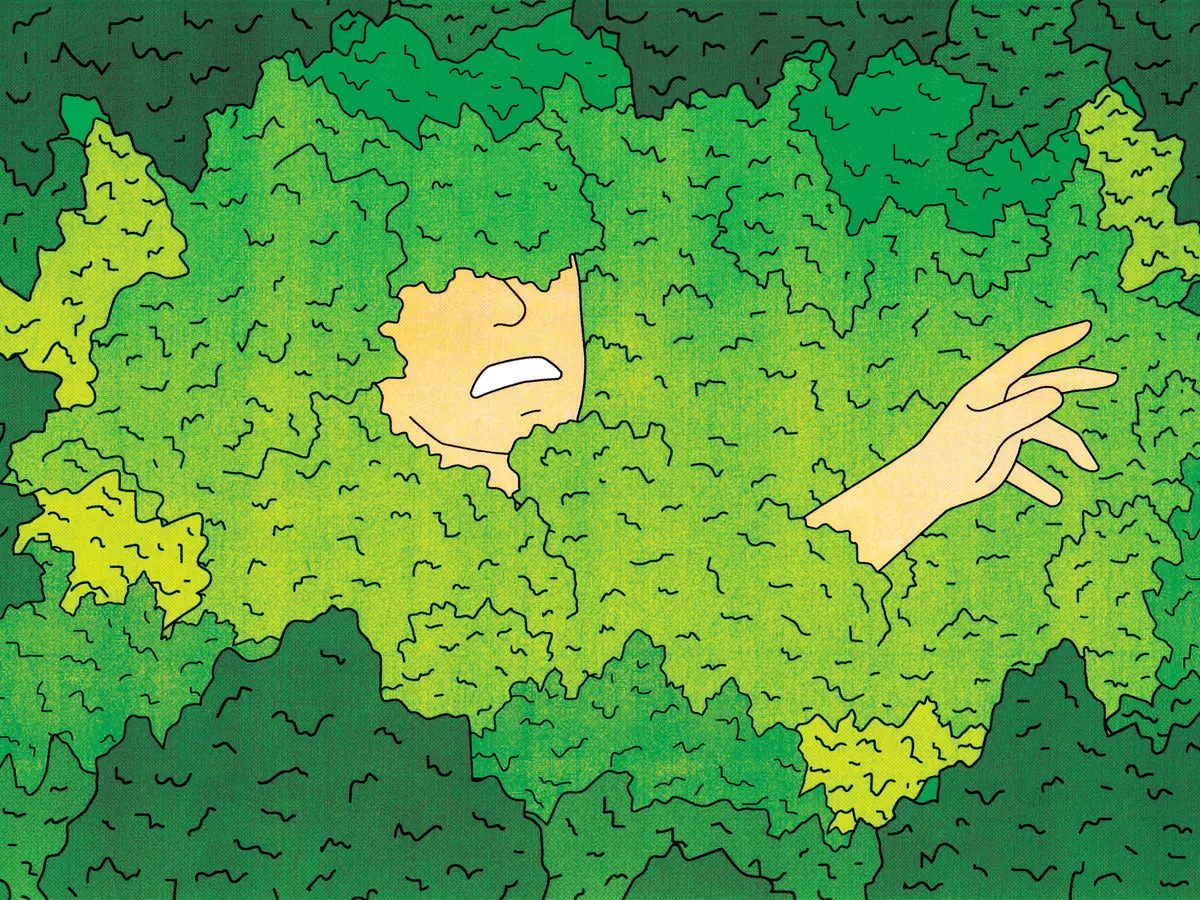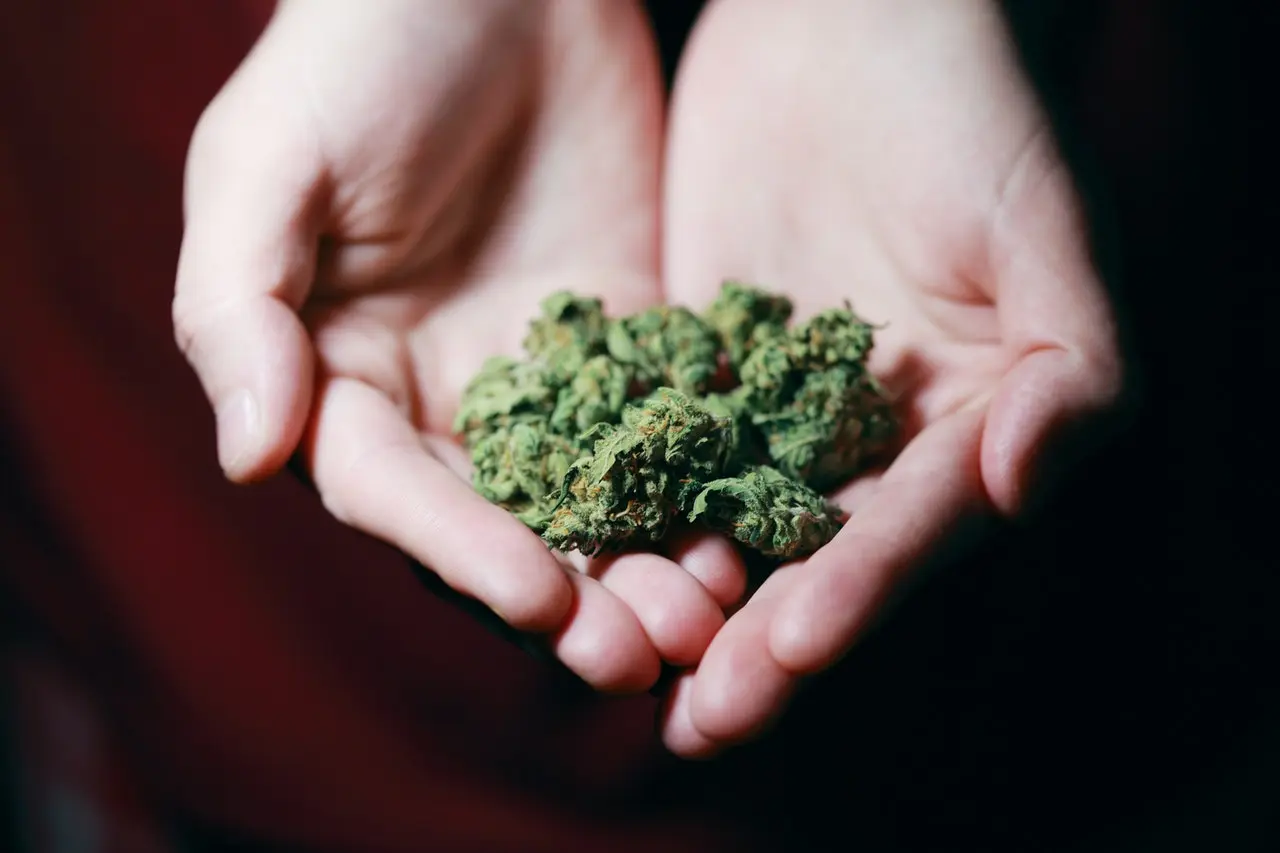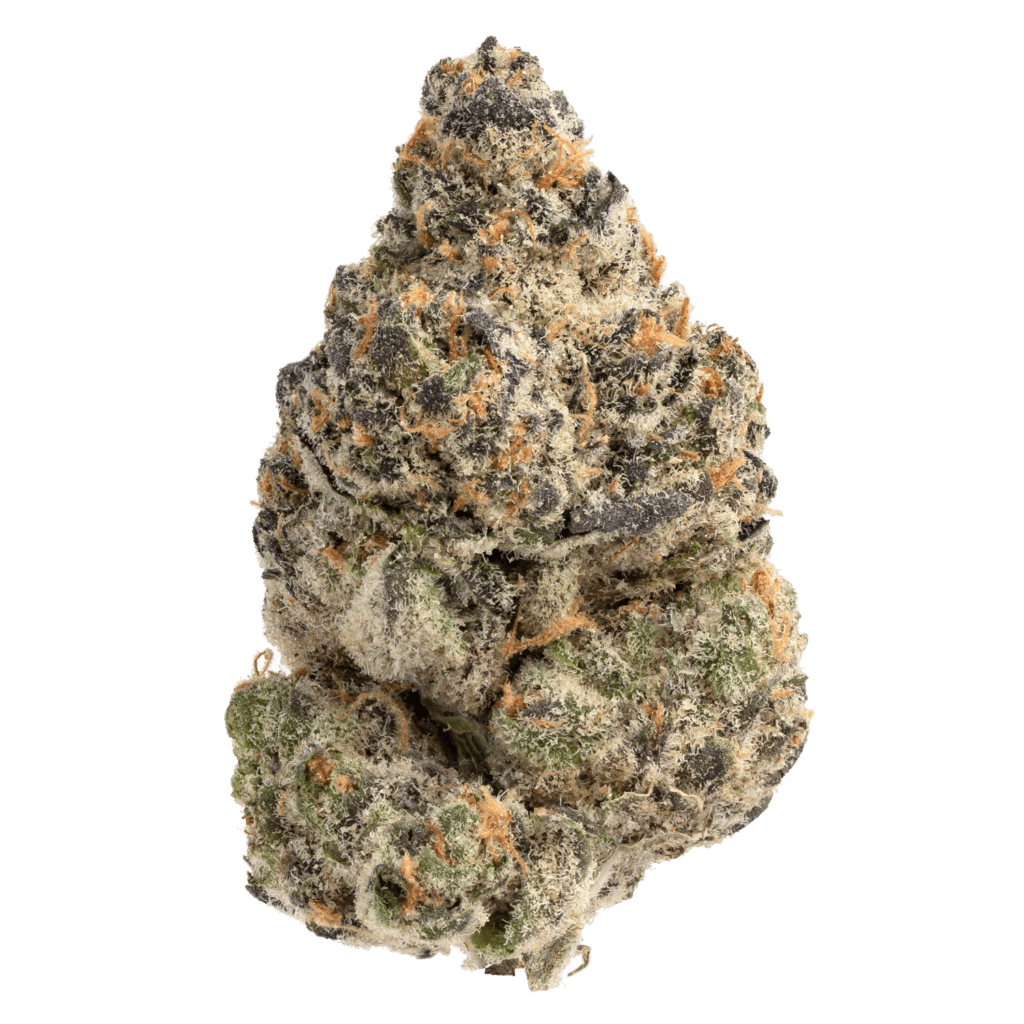No products in the cart.
Do you Have a Weed Addiction?
12 Jun 2023

Weed addiction, also known as cannabis or marijuana addiction, is a serious issue affecting millions of people worldwide. Likewise, marijuana may be legal in some states or countries for recreational or medicinal purposes, excessive use can lead to addiction and negative consequences on a person’s physical, mental, and emotional health. In this comprehensive guide, we will explore the signs of weed addiction, its effects on individuals, and the available treatment options for those struggling with this addiction.
Understanding Addiction
Addiction is a disease that affects the brain and behavior, characterized by compulsive drug-seeking behavior despite harmful consequences. Weed addiction is caused by the chemical compound tetrahydrocannabinol (THC), which affects the brain’s reward system. Furthermore, THC binds to cannabinoid receptors in the brain, causing the release of dopamine, a neurotransmitter responsible for pleasure and reward. Over time, the brain becomes dependent on the drug to release dopamine, leading to addiction.
The Prevalence of Weed Addiction
Weed is one of the most widely used drugs in the United States and around the world. Overall, approximately 1 in 10 people who use marijuana will develop cannabis use disorder, which ranges from mild to severe. The chances of developing an addiction increase to 1 in 6 if marijuana use begins before the age of 18.
Signs of Weed Addiction
There are several signs that may indicate addiction to weed. Likewise, these signs can be physical, behavioral, or psychological, and may vary in severity and prominence depending on the individual.

Physical Signs of Weed Addiction
- Bloodshot eyes
- Dry mouth
- Increased appetite or “the munchies”
- Slowed reaction time
- Impaired motor skills
Behavioral Signs of Weed Addiction
- Spending more time and money on weed
- Neglecting responsibilities at work, school, or home
- Engaging in risky behavior while under the influence of weed
- Continuing to use weed despite negative consequences
- Withdrawal from social activities and hobbies
- Using weed as a coping mechanism for stress or emotional problems
Psychological Signs of Weed Addiction
- Cravings for weed
- Anxiety or paranoia
- Mood swings
- Irritability or agitation
- Difficulty sleeping
- Lack of motivation or interest in activities
Effects of Weed Addiction
Addiction to weed can have negative effects on a person’s physical, mental, and emotional health. Some of these effects include:

Physical Effects
- Respiratory problems, such as chronic bronchitis and lung infections
- Impaired memory and concentration
- Reduced fertility in men and women
Mental and Emotional Effects
- Increased risk of mental health disorders, such as depression and anxiety
- Withdrawal symptoms, such as irritability, insomnia, and loss of appetite
- Impaired academic or work performance
- Relationship issues and social isolation
Long-term Effects
- Loss of IQ points, which may not be recoverable even after quitting marijuana use
- Financial instability due to job loss or excessive spending on weed
- Increased risk of psychosis and other mental health disorders
Risk Factors for Weed Addiction
Certain factors can make individuals more susceptible to developing a weed addiction. Overall, these risk factors include:
- Early initiation of marijuana use
- Male gender
- Using other substances, such as alcohol or tobacco
- Dysfunctional parent-child relationships
- Having friends who use marijuana
- Poor self-esteem
- Thrill-seeking or impulsive behavior
- Mental health issues
How Weed Addiction Affects the Brain and Body
Weed addiction can have negative impacts on brain function and overall health. The brain’s endocannabinoid system, which is involved in regulating mood, appetite, sleep, and other functions, can be altered by consistent marijuana use. As well as, leading to decreased sensitivity to the chemicals in marijuana and the body’s natural endocannabinoids. As a result, an individual may need to use more of the drug to feel “normal” or may feel stressed out when not using marijuana.

Driving and Marijuana Use
Using marijuana can impair a person’s ability to think, learn, and pay attention. Driving while high on weed can significantly increase the risk of car accidents due to slower reaction times and impaired motor skills.
Treatment Options for Weed Addiction
If you or someone you know is struggling with weed addiction, seeking professional help is crucial. Therefore, treatment for weed addiction can include behavioral therapy, medications, and support groups.
Behavioral Therapy
Behavioral therapy is a type of counseling that focuses on changing behavior and thought patterns. For example. It can help individuals with weed addiction by identifying triggers and developing coping strategies to avoid relapse. Some common forms of behavioral therapy include:
- Cognitive-behavioral therapy (CBT)
- Motivational enhancement therapy (MET)
- Contingency management (CM)
- Multidimensional family therapy (MDFT) for adolescents
Medications
Currently, there are no FDA-approved medications specifically for treating addiction. However, medications may be used to manage withdrawal symptoms and co-occurring disorders, such as depression and anxiety.
Support Groups
Support groups like Marijuana Anonymous can provide individuals with addiction with a supportive community of peers who understand their struggles and can offer guidance and encouragement.
Prevention and Education
The most effective way to prevent addiction is to avoid using marijuana altogether or to use it responsibly and in moderation. However, educating young people about the potential risks and harmful effects of marijuana use can help lower the chances of developing an addiction.
Conclusion
In conclusion, weed addiction is a serious issue with negative effects on a person’s physical, mental, and emotional health. However, recognizing the signs of addiction and seeking professional help when necessary is vital for recovery. Generally, treatment options include behavioral therapy, medications, and support groups. Therefore, with the right support and management, individuals with weed addiction can regain control of their lives and achieve long-term recovery.





